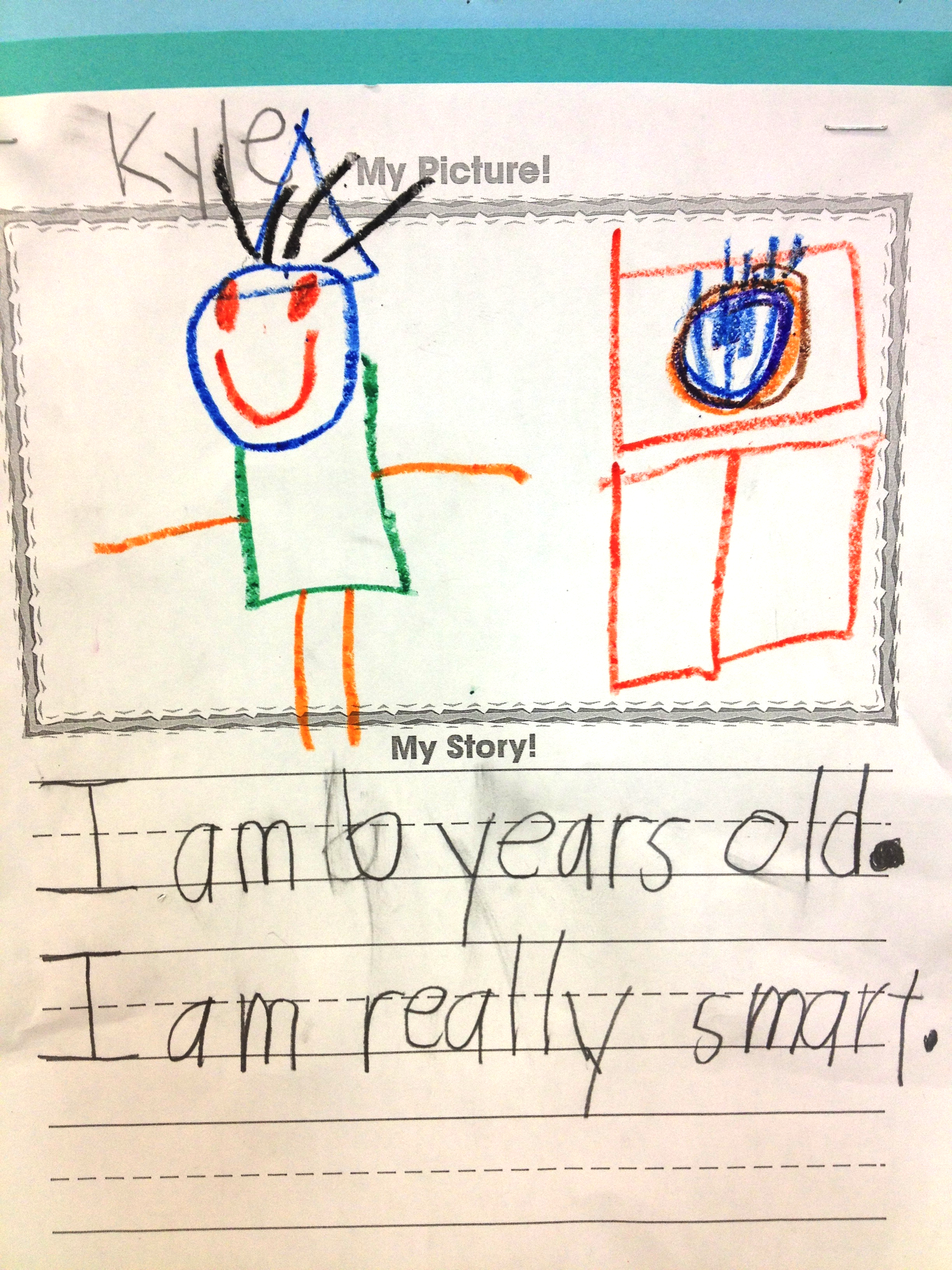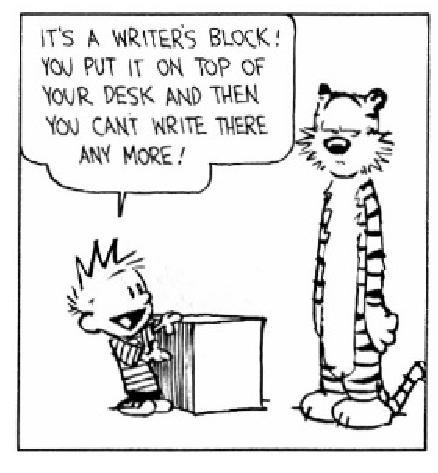Whether you’re composing an application essay for college or graduate school, or trying to produce a blog post that just isn’t working, or coming back to writing after a multi-year hiatus, personal writing can be intimidating. It is an undertaking that exposes the author more ruthlessly than many other modes of expression (e.g., poor little Kyle). So how can we get over the initial trepidation to the land flowing with eloquence and insight?
Be realistic. For lack of a better metaphor, writing is a muscle that needs to be trained. People often talk about the challenge of quitting something “cold turkey,” but there is also such a thing, I believe, as starting something “cold turkey.” Becoming a better personal writer does not happen overnight; it requires skilled storytelling, social perceptiveness, self-awareness, and experience. The good news is that these are gifts that anyone can cultivate with a bit of practice.
Start now. It sounds rather cliche, but only practice can make for faster, more confident, more consistent writing. Hopefully you still have time to practice before perfection is demanded of you. For application essays, try drafting many times before submitting. For blogs, write often and write widely— try your hand at a number of topics to find the ones you can go on and on about. For those returning to writing for other personal reasons, write spontaneously, whenever you feel inspired.
Convince yourself first. Believe that what you say has value; if you don’t believe in your own writing, then no one else will. You don’t have to become a writer to actually start writing; it has very few barriers to entry, only many levels after entry. The good news is, once you start, your writing can only get better. And let’s face it, anything you write will be better than Kyle’s “story”.
So if you’re staring at a blank screen, what do you do? Here are some ideas:
- Switch media. Perhaps you have the right mood but not the words. Express the mood in a different manner: if you’re typing, then use a pencil. If you’re using a pencil, then switch to drawing (don’t worry– no one has to see it). If you’re musically inclined, play or sing. And if you just have no creative juices flowing, borrow some: head to a museum, gallery, shop or market where the aesthetic is appealing to you.
- Process externally. Talk to a friend about your ideas, regardless of how incoherent you feel at the moment. This is theoretically most useful for extroverts, but it can’t hurt an introvert to give it a try. Allow them to ask you questions. Why are you applying to this job/school? What is your blog really about? What inspired you to start writing again? What are you trying to say?
- Get other voices into your head. Sometimes hearing only our own thoughts swirling around can be dizzying, especially when none of our phrases seem quite right. Take a day of rest from writing, and expose yourself to other voices. Read poetry, memoirs, plays or even children’s books. Listen to lectures, sermons, podcasts, or talk shows. Allow phrases and ideas to resonate with you (and if you end up using them verbatim, cite the source!).
- Write about something completely unrelated. If you are tired of your topic, take the scenic route and get there from the other side. Need a prop? Dig up an old photograph and tell the story behind it. Or try a new dish and describe what the flavors remind you of. Take a walk on the street where you live and write about what it’s like to live there. As you go from the specific to the general, you’re likely to come upon a theme or sentiment connected to your intended piece.
- Forget about your intended audience for a moment. Writing can be a vulnerable activity because of the myriad ways the reader can judge you. How wide is your vocabulary? How interesting is your story? How similar are you to everyone else? Why the heck did you ever decide to apply/blog/write? Forget about those people, even just for an hour. Instead, write to someone in whose presence you feel absolutely comfortable. Alternatively, cut out a picture of a complete stranger from a magazine such as National Geographic, and write to that person. You can even start with “Dear_____,”!
- Be your own therapist. Not a real therapist, of course! But go in front of the mirror and take a deep breath. Then ask yourself, “What’s on your mind?” and answer your own question. Don’t just think yourself through a monosyllabic answer; actually answer it! Expound on the emotion as if you are telling yourself what’s on your mind. Engage in that dialogue and actually put it on paper (or screen).
I believe you have a great story to tell. I wish I could hear it over coffee. And this is more than likely how your readers feel too.



